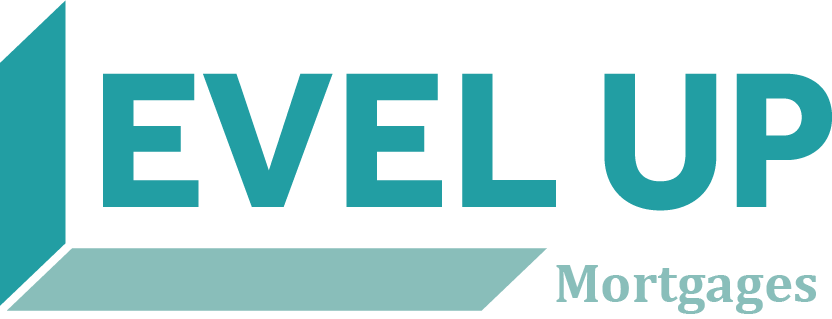Understanding Canada Commercial Mortgage Deposit Requirements
Understanding Canada Commercial Mortgage Deposit Requirements
Obtaining a commercial mortgage in Canada is an essential step for many businesses that are looking to purchase or refinance their property.
Obtaining a commercial mortgage in Canada is an essential step for many businesses that are looking to purchase or refinance their property. With the current economic climate and the uncertain future, it is important to understand the process and the requirements for a commercial mortgage. One of the most important aspects to consider is the amount of money needed for the down payment or the deposit.
Having a good understanding of the deposit requirements for a commercial mortgage in Canada will help businesses make an informed decision when it comes to financing their property. This article will provide an overview of how much deposit is typically required for a commercial mortgage in Canada and the factors that influence the amount.
How Much Deposit Do I Need for a Commercial Mortgage in Canada?
When buying a commercial property in Canada, the amount of the deposit you need will depend on a few factors, such as the type of property you are purchasing, the amount of money you are borrowing, and the lender you are working with. Generally, most commercial lenders in Canada require a minimum of 10-20% of the purchase price as a down payment. This means that if you are planning to purchase a $1 million commercial property, you would need to put down a $200,000 deposit.
In addition to the down payment requirement, commercial lenders also look at other factors, such as the creditworthiness of the borrower, the loan-to-value ratio, and the borrower’s capacity to repay the loan. For example, if the borrower’s credit score is high and the loan-to-value ratio is low, the lender may be willing to accept a lower down payment.
Other Factors Affecting Commercial Mortgage Down Payment
Deposit requirements in commercial mortgages vary greatly depending on the type of loan, the property, and the borrower. In general, the more risk a lender takes on, the higher the deposit requirement. Factors that affect deposit requirements include the type of loan, location of the property, borrower’s creditworthiness, and other elements.
Type of Loan
The type of loan you are seeking will affect the deposit requirement. For example, a conventional loan may require a minimum of 20-25% down payment, whereas a construction loan may require up to a 50% down payment. For commercial mortgages, the deposit requirement can range from 10-50%, depending on the type and complexity of the loan.
Location
Location is another factor that affects deposit requirements. For example, a property located in a high-risk area or a rural area may require a higher deposit than a property located in a lower-risk area.
Creditworthiness
Creditworthiness is an important factor when it comes to depositing requirements. Lenders may require a higher deposit from borrowers with less-than-perfect credit. Borrowers with good credit may be able to negotiate a lower deposit requirement.
Bottom Line
In conclusion, deposit requirements in Canada commercial mortgages vary depending on the type of loan, location of the property, borrower’s creditworthiness, and other factors. It is important to understand the factors that affect deposit requirements in order to negotiate the best terms possible. If you're new to Canada mortgages, it's best to work with a professional you can trust.
Level Up Mortgages is a mortgage broker team focused on helping the self-employed, new immigrants, non-residents, and investors access the best rate and alternative lending in Canada. We have been nominated for best up-and-coming broker in Canada in 2021 and have been on CTV News and various publications because of our education-first approach to helping you always stay a step ahead of the process. Reach out to us for access to our first-time buyer course or a mortgage strategy session.

